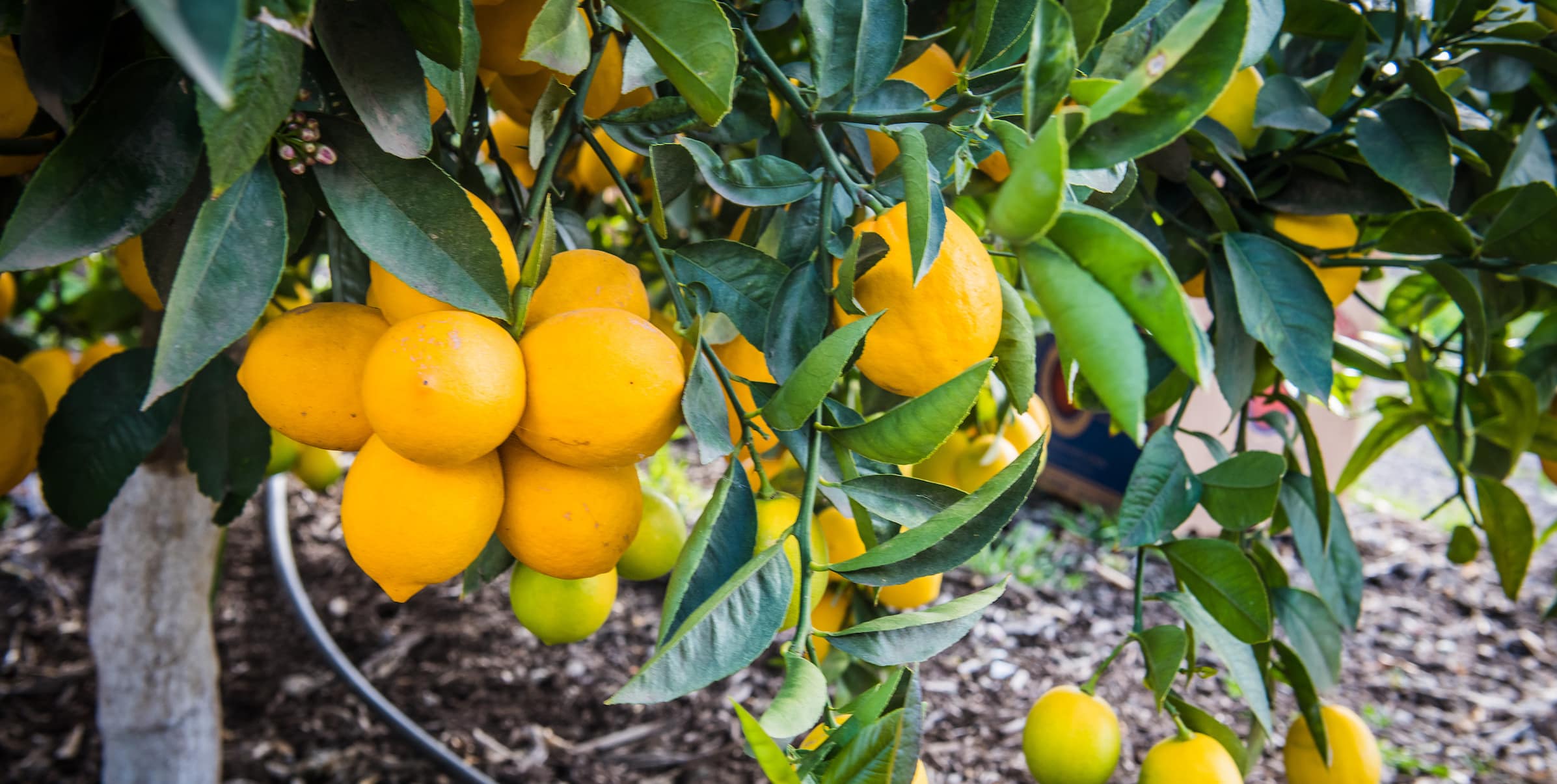Update as of February 22, 2024: Food Forward is in regular communication with the local county Departments of Agriculture and the CA Dept of Food & Agriculture (CDFA) and are following all of the regulations and restrictions on harvesting citrus and other produce in counties experiencing active quarantines, including huanglongbing (HLB), Oriental fruit fly, and Queensland fruit fly. We have signed HLB Quarantine compliance agreements with the CDFA and USDA and are following the rules and regulations of that agreement, as well as other guidelines and recommendations from the Ventura County Department of Agriculture & CDFA with regards to moving citrus in HLB and ACP quarantine zones in the county.
You may have heard the words “Asian citrus psyllid” or “huanglongbing,” but what do they mean and why should you care? Let’s find out!
What is Asian citrus psyllid and why does it matter?
Asian citrus psyllid (ACP) is a small insect that eats the leaves and stems of a variety of citrus trees, like orange, grapefruit, and lemon. While the bug is not harmful to people, it can spread the bacterial citrus disease known as huanglongbing (HLB), previously called citrus greening disease. It is one of the most destructive diseases of citrus worldwide. Once a tree is infected with HLB, the quality of its fruit will deteriorate and the tree will eventually die. As HLB spreads, it puts not only your backyard citrus tree in danger, but nearby commercial groves as well. That’s why parts of Southern California are in quarantine, with no citrus allowed in or out of the area.
These little insects have already made a devastating impact in Florida, where ACP was first discovered in June 1998. In 2022, Florida had 361,656 acres of orange and grapefruit trees—less than half of what stood in 1996. And nearly 20 years later, exhausted farmers and researchers are still struggling to keep the state’s quintessential crop alive. As for California, ACP was first spotted in 2008 and is now seen in 12 counties. Some areas are under quarantine, with no citrus allowed in or out.
Wondering if you’re in a quarantine zone? Search your address in this map to check.
Is there a cure?
UC Riverside researchers are hoping that a substance inside Australian finger limes, which appear to tolerate HLB, may hold the key. After injecting the substance into a diseased tree or spraying it onto its leaves, researchers found that the bacteria was drastically reduced and the leaves appeared healthier—all without the use of artificial pesticides.
What is Food Forward doing about Asian citrus psyllid?
Food Forward is committed to preventing the spread of ACP and HLB and educating our community about the disease. We keep a close eye on where the quarantine boundaries are, and in the areas where we can harvest fruit, we solarize. This means we cut off any leaves and stems and place them in garbage bags where they sit in the sun for three days, killing the insects inside and eliminating the potential for them to travel to other properties.
Perhaps most importantly, we teach fruit tree owners about the threat of HLB, spreading the word about this devastating disease and how to stop it. Reach out to our Backyard Harvest program at [email protected] with questions.

